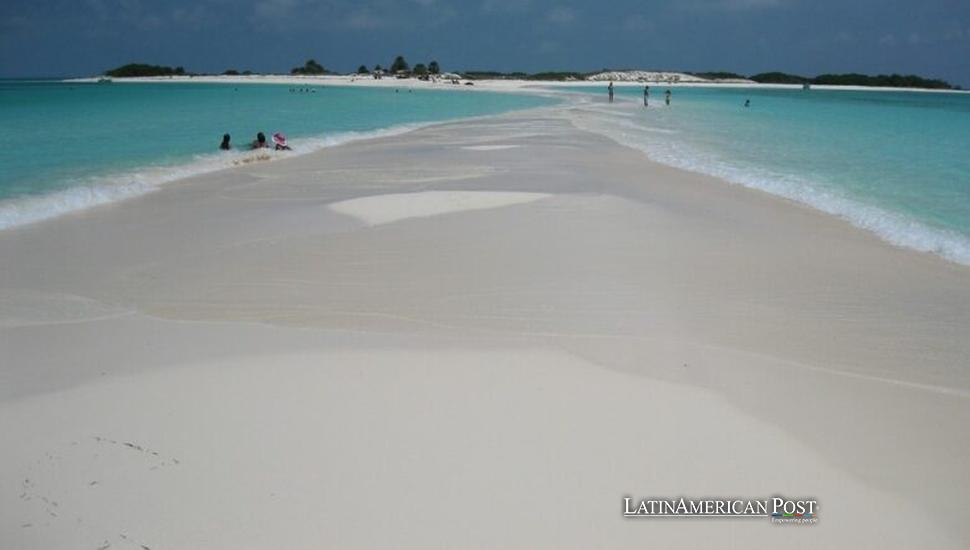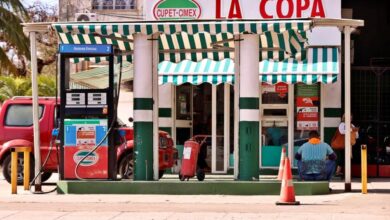Venezuela’s Tourism Push Threatens Fragile Ecosystems

Venezuela wants to grow tourism to help its weak economy. The country is building many new structures, like hotels and airports, to attract tourists. Conservationists worry about this. They think these projects put delicate ecosystems in danger. Coral reefs, which are already suffering from climate change, are at risk. Conservationists feel really alarmed.
Tourism as a “Secret Weapon”
Amid ongoing economic turmoil, Venezuelan President Nicolás Maduro has championed tourism as the “secret weapon” for economic recovery, citing its potential to draw foreign investment. According to Reuters, Maduro’s government has actively sought partnerships with nations like France and China and promoted new infrastructure in pristine areas such as Los Roques National Park and La Tortuga Island.
During a televised address, Maduro praised investments from countries including Turkey, Iran, and Brazil, emphasizing that “tourism is already a great motor” for the economy. Despite these efforts, international investors remain hesitant, and skepticism clouds the feasibility of such projects.
Tourism Minister Leticia Gómez reported a 69% increase in tourist arrivals through November 2024 compared to the previous year. Still, the figures—1.8 million visitors, including from Russia and Colombia—pale compared to neighboring Colombia’s 3.1 million in the first half of the year.
Environmental Consequences in Los Roques
Los Roques National Park, a UNESCO-recognized ecological treasure comprising 45 islands and cays, has become a focal point of Venezuela’s tourism expansion. A recent runway extension, designed to accommodate larger aircraft, has drawn sharp criticism from environmentalists.
According to the Venezuelan Ecological Society, this project destroyed coral reefs, mangroves, and nesting beaches for the critically endangered hawksbill turtle (Eretmochelys imbricata). Local conservationist and former park ranger Toribio Mata, quoted by Reuters, described the park as “a disaster,” citing the rise in turtle poaching, illegal fishing, and unregulated visitor activities.
In addition, the Los Roques reef suffered significant bleaching events in 2023 and 2024, attributed to rising ocean temperatures, sewage dumping, and destructive fishing practices. Biologist and professor Ángel Fariña noted to Reuters that “construction creates pollution and sedimentation that can affect reefs temporarily or permanently.”
The local trash incinerator on Gran Roque, the park’s main island, is broken, exacerbating waste management problems. Residents worry increased tourism will worsen these issues, turning Los Roques from an ecological haven into an unsustainable mass tourism site.
The Risky Development of La Tortuga
Plans for La Tortuga Island include an airport, port, and ten luxury hotels, spearheaded by transnational companies experienced in similar projects in Qatar and the Maldives. Nicolás Maduro Guerra, the president’s son, told Reuters that these projects would stay “ecologically stable and friendly to the island.”
But environmental permits and impact studies for these projects have not been shared. This secrecy worries activists. Many critics say La Tortuga does not have the right facilities to handle large numbers of tourists.
A resort constructed before Maduro’s recent push already pressures the island’s ecosystem, according to the Venezuelan Observatory of Political Ecology. A scientist formerly stationed in Los Roques warned Reuters that “the regulations of the national park are not being respected,” underscoring fears that mass tourism will irreparably harm La Tortuga’s delicate coral ecosystems.
The Bigger Picture
Venezuela wants more tourists to visit, showing a bigger challenge to improve the economy while caring for nature. The country faces growing problems from climate change. These problems have increased coral bleaching, deforestation and the loss of various species. Coastal areas like Los Roques and La Tortuga hold great importance for marine life. These areas also support local fishing communities.
Conservation efforts have encountered difficulties. Park rangers, such as Mata, once led these initiatives. Limited resources and weak enforcement created these challenges. Problems remain. Illegal practices such as chlorine fishing and unsustainable tourism behaviors, including littering and sunscreen use harmful to reefs, persist unchecked.
Maduro’s administration insists tourism will be a driver of economic revitalization. Yet, Reuters reports highlight growing skepticism from local residents, environmentalists, and international observers about whether the government can effectively manage the ecological risks posed by these initiatives.
Also Read: Brazil’s Tourism Boom and the Attractions Drawing Record Numbers of International Visitors
At What Cost?
Venezuela wants tourism to save its economy, but this dream might harm the environment too much. Fast development happens with little clarity or control. The country risks losing its natural beauty. These treasures are really important for biodiversity and for future tourism. The economy needs quick help. Experts and locals say strategies should balance the economy and nature. Ecological conservation must come first. Without such measures, Venezuela’s dream of leveraging tourism as its “secret motor” could derail its fragile ecosystems, leaving irreparable damage in its wake.




